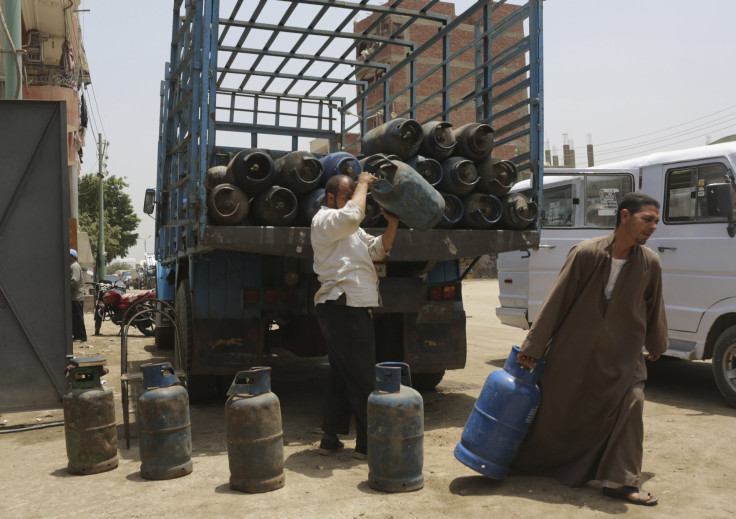Eased Egyptian Subsidies To Spur Gas Investment, Reduce Budget Deficit

Egypt slashed massive energy subsidies in its fiscal 2014/15 fiscal year budget on Monday, reducing the deficit after three years of political unrest that have wounded the economy.
The move could attract new investment to the country’s oil and natural gas fields as domestic energy prices rise to meet international prices. It could also help Egypt boost exports and meet increasing domestic energy demand.
About $5.6 billion in planned energy subsidies were cut out of next fiscal year’s budget, Finance Minister Hany Kadry Dimian told the press at a news conference, neglecting to mention details about how the savings would be accomplished. He also said there is no timeline for petroleum price increases or other reforms.
Egyptian President Abdel Fattah al-Sisi had rejected the budget’s first draft, which he said was too extravagant, and approved a tighter budget on Sunday that aims to narrow the deficit to 10 percent of gross domestic product in the coming fiscal year and goes into effect Tuesday, according to Daily News Egypt. The budget deficit was about 14 percent in the fiscal year ending June 2013.
A spokesman for the government said the energy savings would come through redistribution and restructuring, Reuters reported.
Oil producers in Egypt have been exporting their products at international prices, but gas suppliers have been paid lower, domestic prices for selling to the Egyptian market. Several foreign gas companies have been waiting for the gas price to increase in Egypt to make further exploration and drilling there profitable.
“The gas price simply has to increase” and that will “unlock exploration” because some fields are not economic to drill at the current tariff, David Thomas, chief operating officer at Petroceltic, told Bloomberg. “The country is full of opportunity. My question is, when the race will start?”
© Copyright IBTimes 2025. All rights reserved.






















